How does insomnia look for different people?
One of the most common reasons for presenting to psychotherapy is insomnia or sleepiness, which decreases the body's energy. The stories related to how falling asleep or lack of sleep are experienced vary.
For some, sleep is seen as a waste of time that stops them from doing what they set out to do. Others fall asleep quickly but have frequent nightmares at night, leading to restless sleep. In time, this is also associated with the fear of falling asleep, further contributing to the difficulty.
Among the causes of insomnia are situations when people do not feel they are living the life they want. The lack of a fulfilling goal keeps them in constant arousal incompatible with relaxation for falling asleep.
During the night, some people experience the urge for compulsive eating, frequent trips to the toilet, and behaviors that influence the quality of sleep.
In recent years, many students have faced insomnia due to high anxiety related to evaluation and performance. Also, among young people, insomnia can appear as a response to the pressure to look a certain way or to have as interesting a life as possible.
Being tired enough to fall asleep and equally restless enough not to be able to keep your eyes closed is an unbearable feeling. The function of sleep is an unconscious one, and we are designed to be able to fall asleep organically. However, in recent years, everyday life has made falling asleep a consciously controlled process, which does not match the relaxation needed to fall asleep.
The desire during the day to do as many things as possible and the tendency to be productive until the last moment before going to bed causes many people to be very agitated and restless. Thus, it takes them a long time to calm down from the alert rhythm.
What are the causes of insomnia?

Depending on the moment when it sets in, insomnia affects:
- The falling asleep phase - is frequently associated with anxiety disorder.
- The maintaining sleep phase - refers to not being able to fall asleep if the person woke up too early, even if he managed to fall asleep relatively easily - is frequently associated with depression.
- The ability to sleep without frequent awakenings - even if the person falls asleep after each sequence, these interruptions decrease sleep quality because insufficient sleep is accumulated in the deep phase.
The causes of insomnia are very varied, and we mention a few here:
- Physiological causes: chronic or acute pain, scratching and burning sensation due to dermatological problems (eczema, psoriasis, etc.), premenstrual syndrome, digestive problems, Parkinson's disease, respiratory problems, irregular sleep patterns (the wide variety of bedtime hours ), hormonal imbalances, etc
- Emotional causes: increased emotional reactivity to events perceived as stressful, feelings of guilt, excessive and frequent anger, irritability, intense and frequent states of sadness, shame, anxiety, etc.
- Psychiatric causes: depression, post-traumatic stress syndrome, alcoholism, bipolar disorder, eating disorders, generalized anxiety, obsessive-compulsive disorder
- Cognitive causes: negative intrusive thoughts, the belief that there is no hope for the recovery of sleep function
Insomnia gives you essential information about how you take care of yourself
Identifying the cause is also the gateway to dealing with insomnia. For psychiatric reasons, a multidisciplinary approach of a psychiatrist, psychotherapist, and somnologist is recommended. Combining pharmacological treatment with psychotherapy is often recommended for effective results.
For physiological causes, it is also essential to work with a doctor who will treat the physical symptoms and a psychotherapist who can support you in solving anticipatory anxiety ("I’m afraid of not being able to sleep tonight") or the side effects of the physical condition on functioning in relationships and everyday tasks.
For other causes, psychotherapy is highly recommended. Along with the therapist, you will identify precisely what the vicious circle of insomnia is, what thoughts/behaviors/emotional difficulties maintain or exacerbate it, and what your resources are to deal with it. Befriending sleep and creating a sleep/sleep ritual are gentle steps that can be taken to bring about change.
You can "use" this disorder to learn vital things about yourself. How suitable is the daily rhythm for the specifics of your body? Is the pressure you put on yourself to perform effectively? What do you do just for the pleasure of doing it? What do you think about the boredom and banality of a day when you don't intend to do anything?

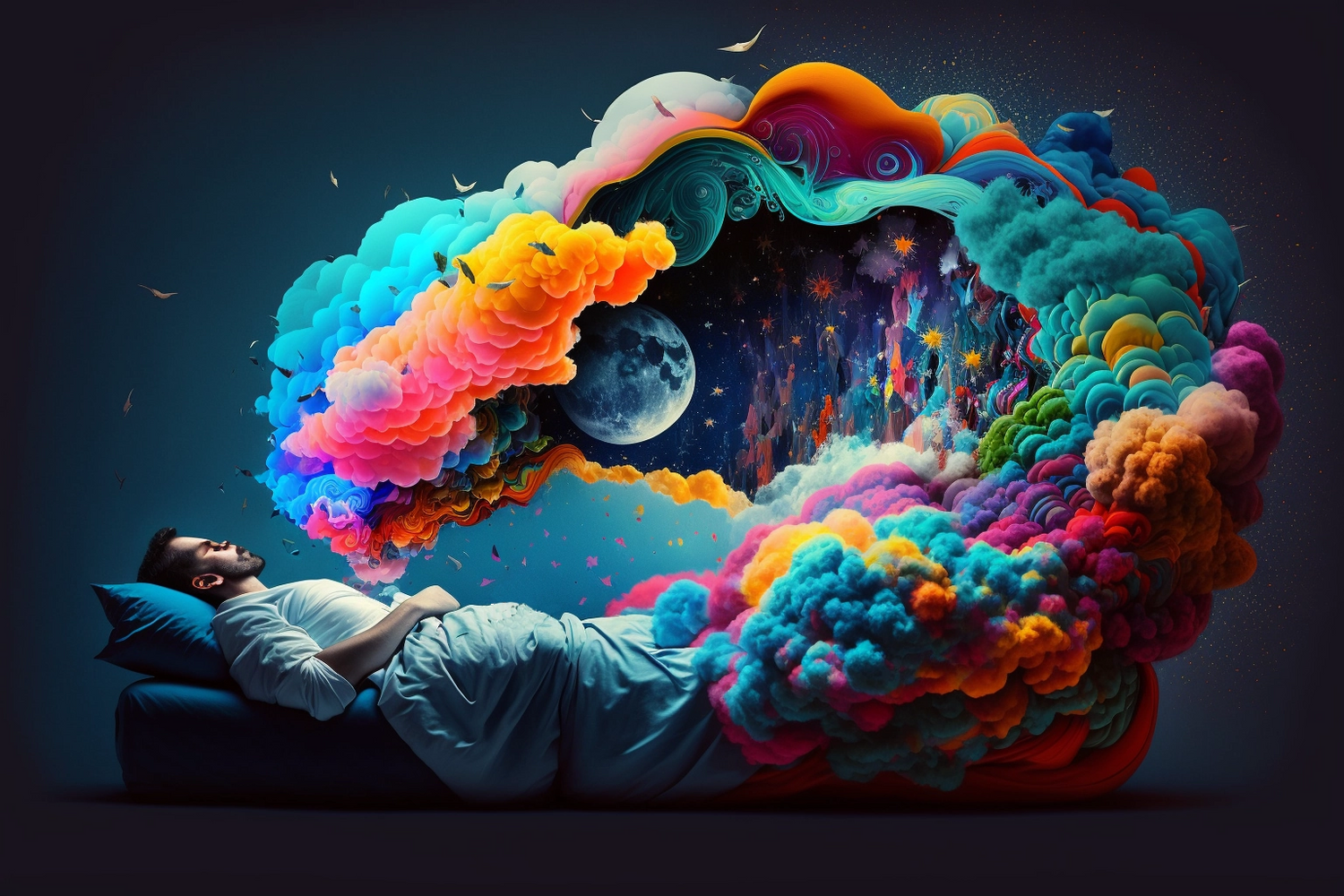

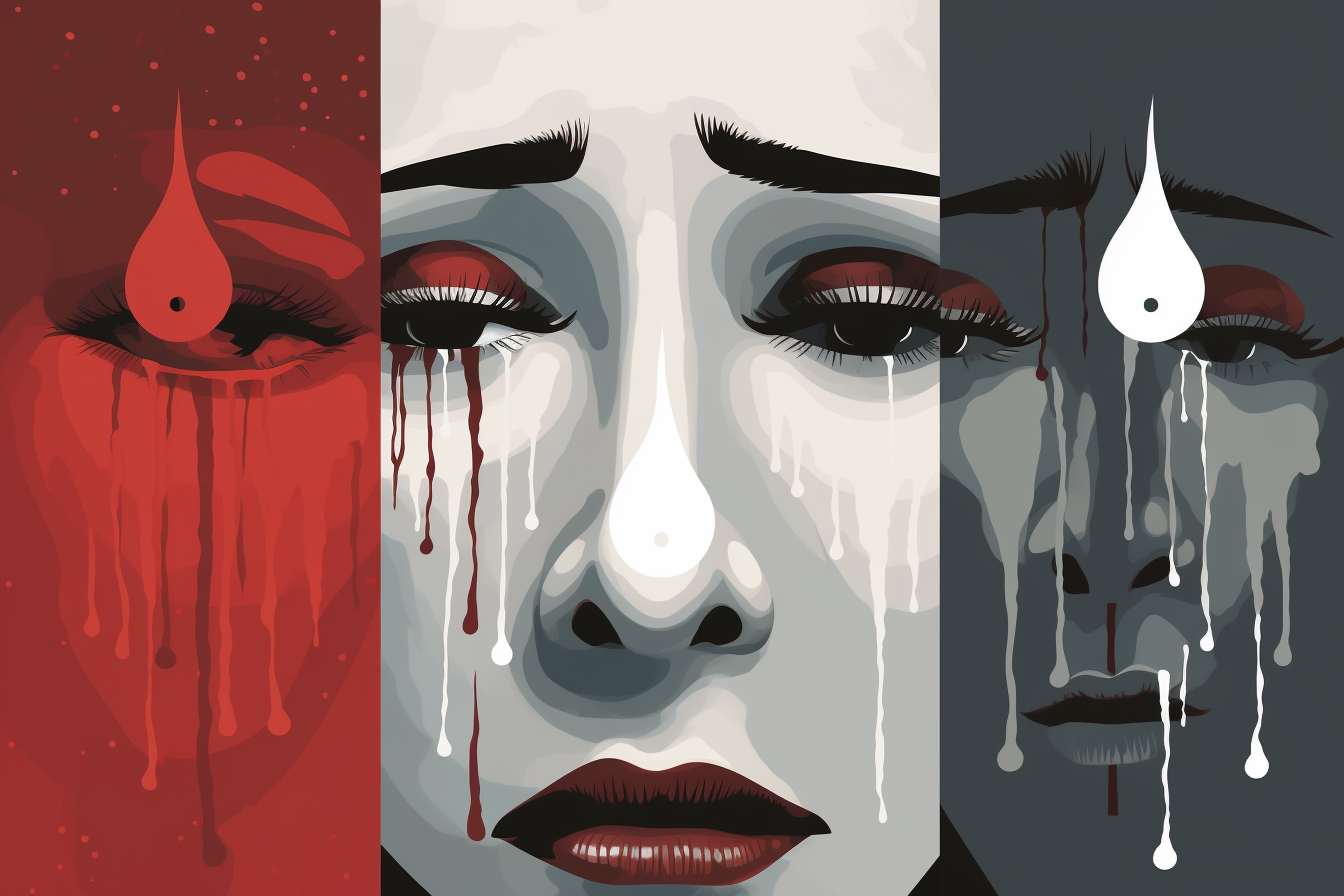
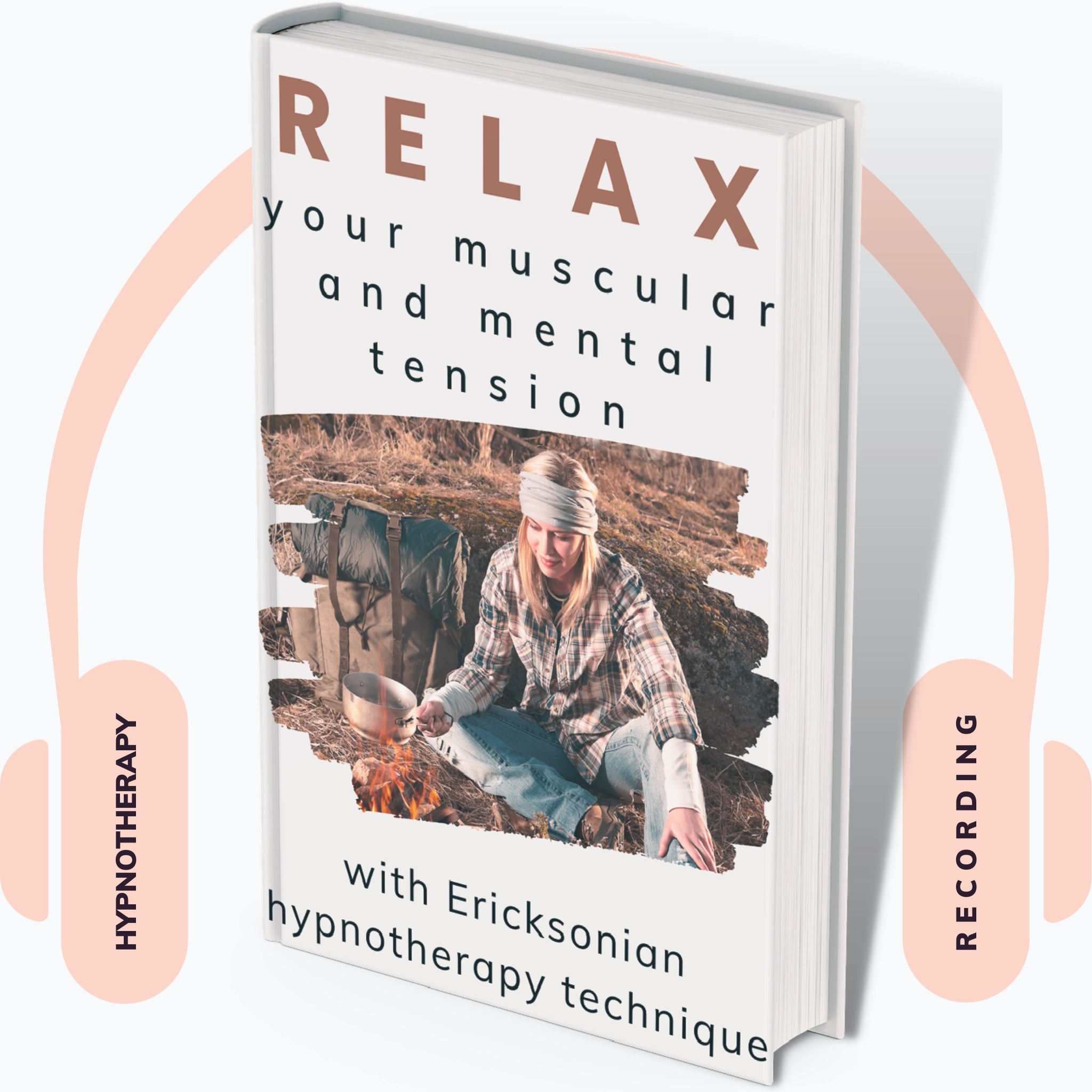
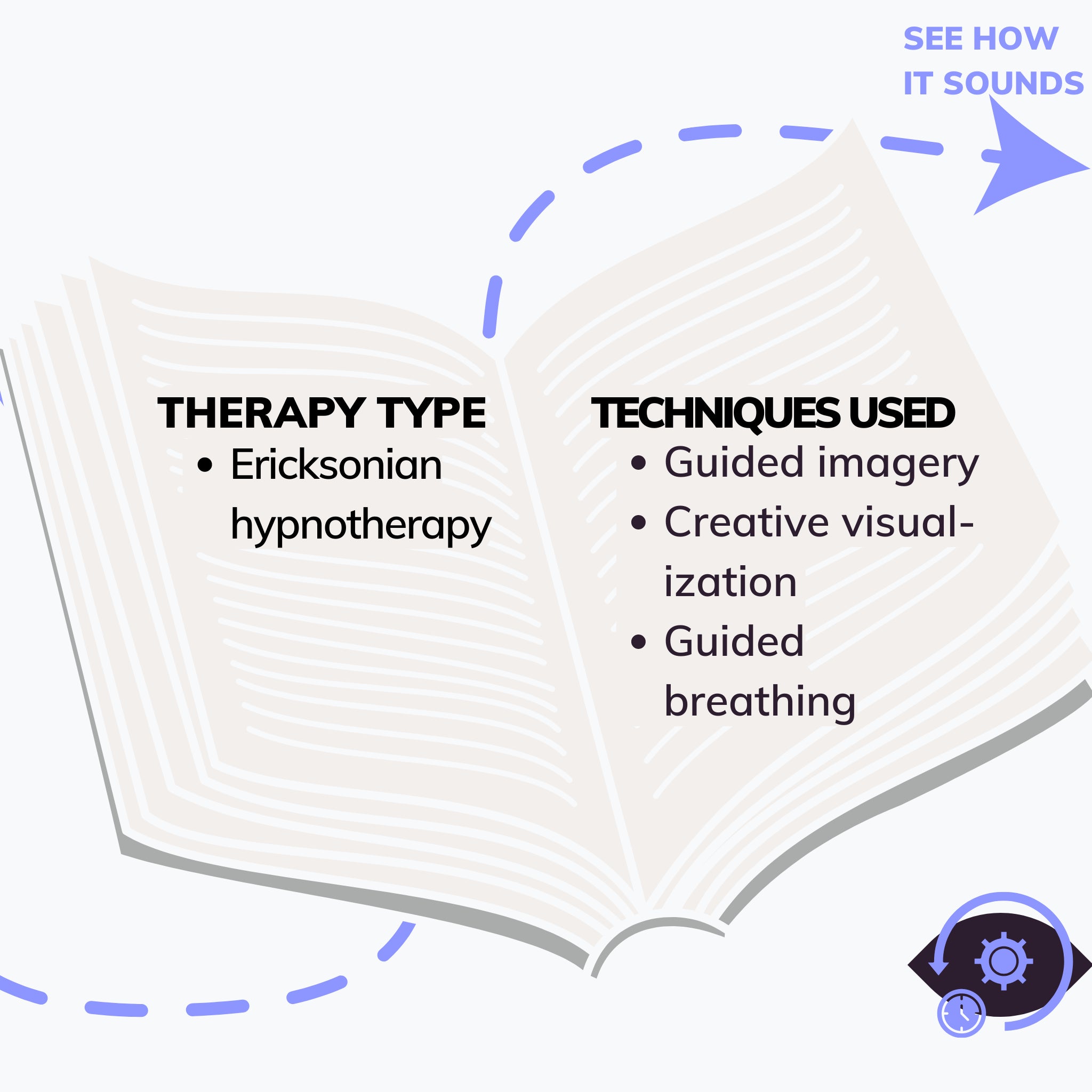
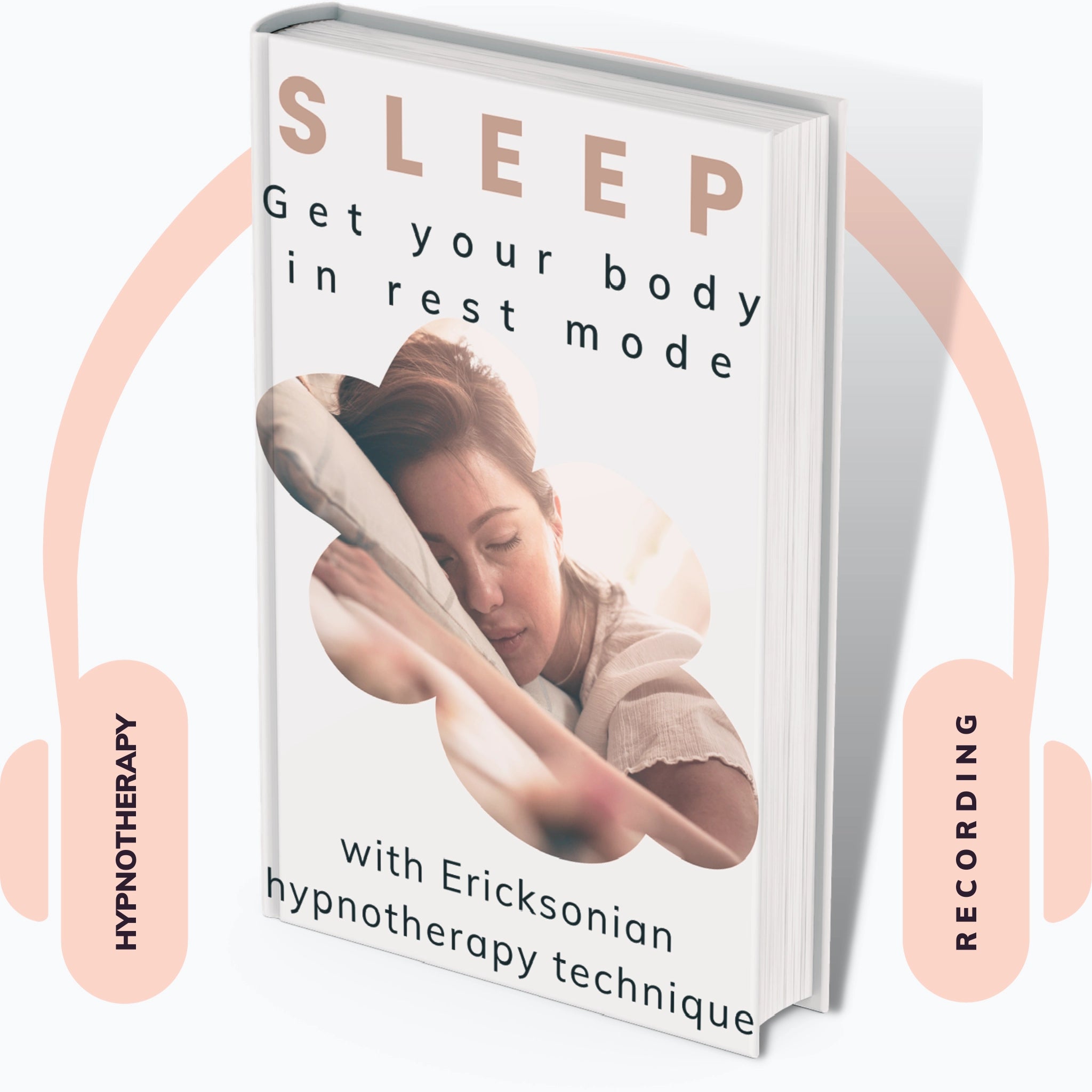
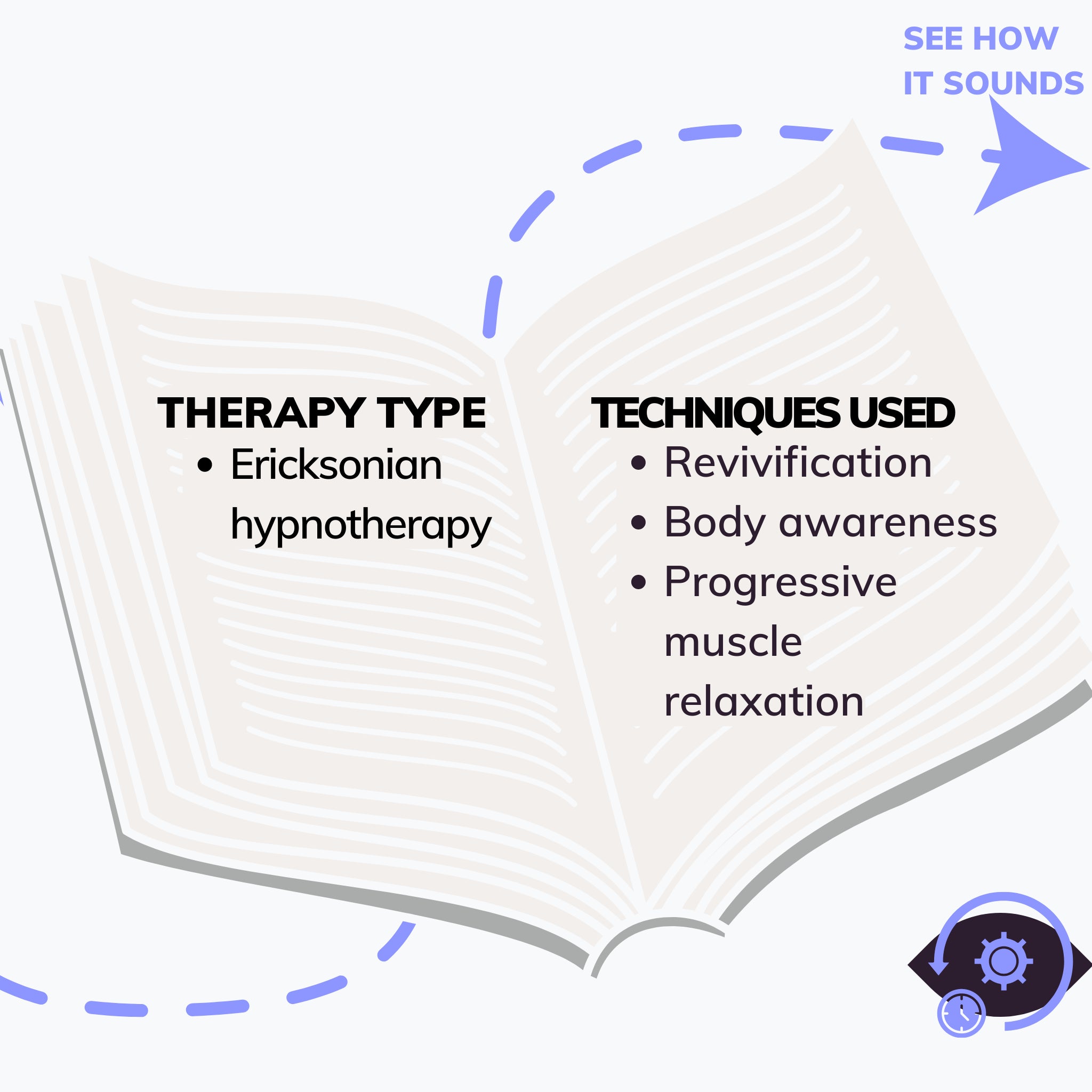
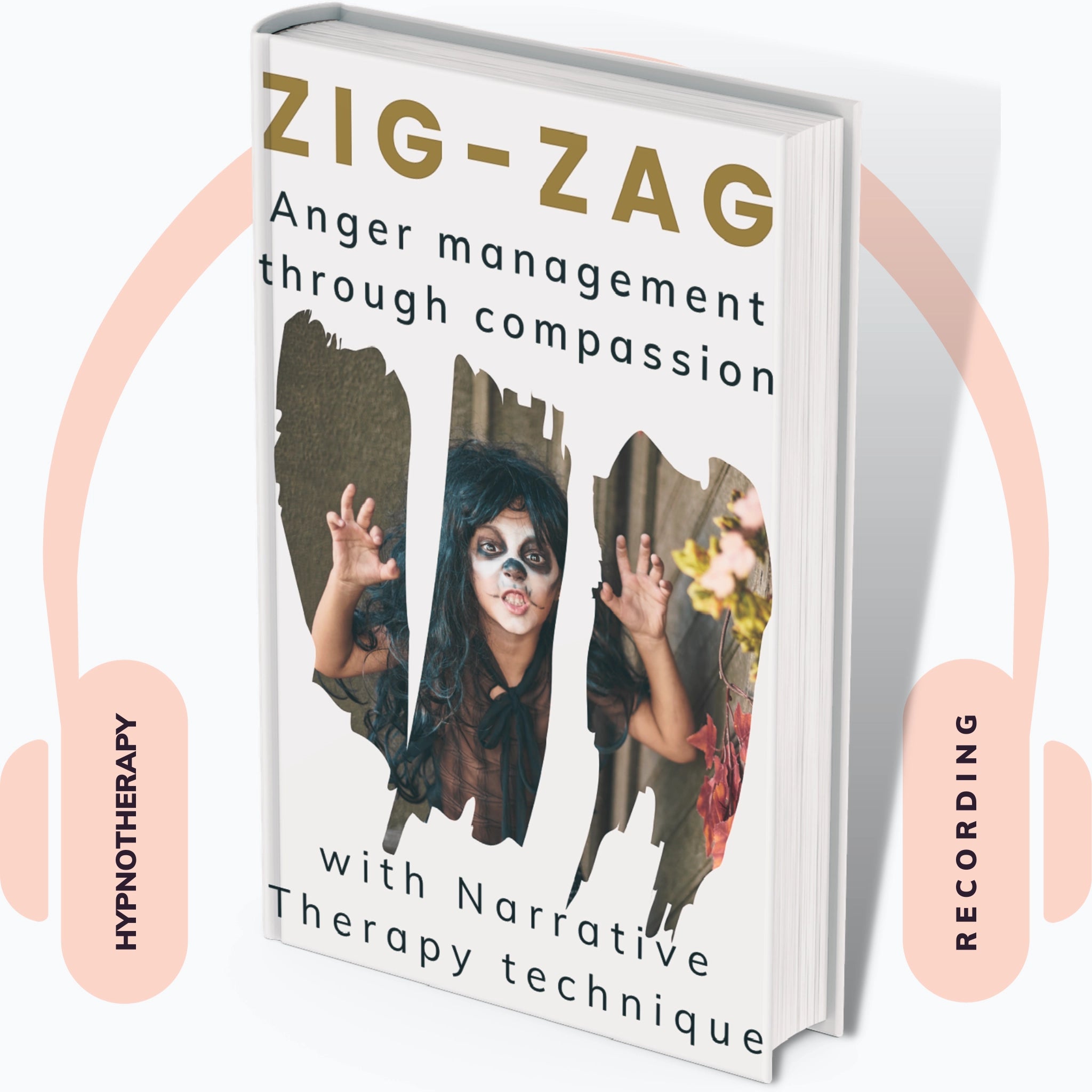
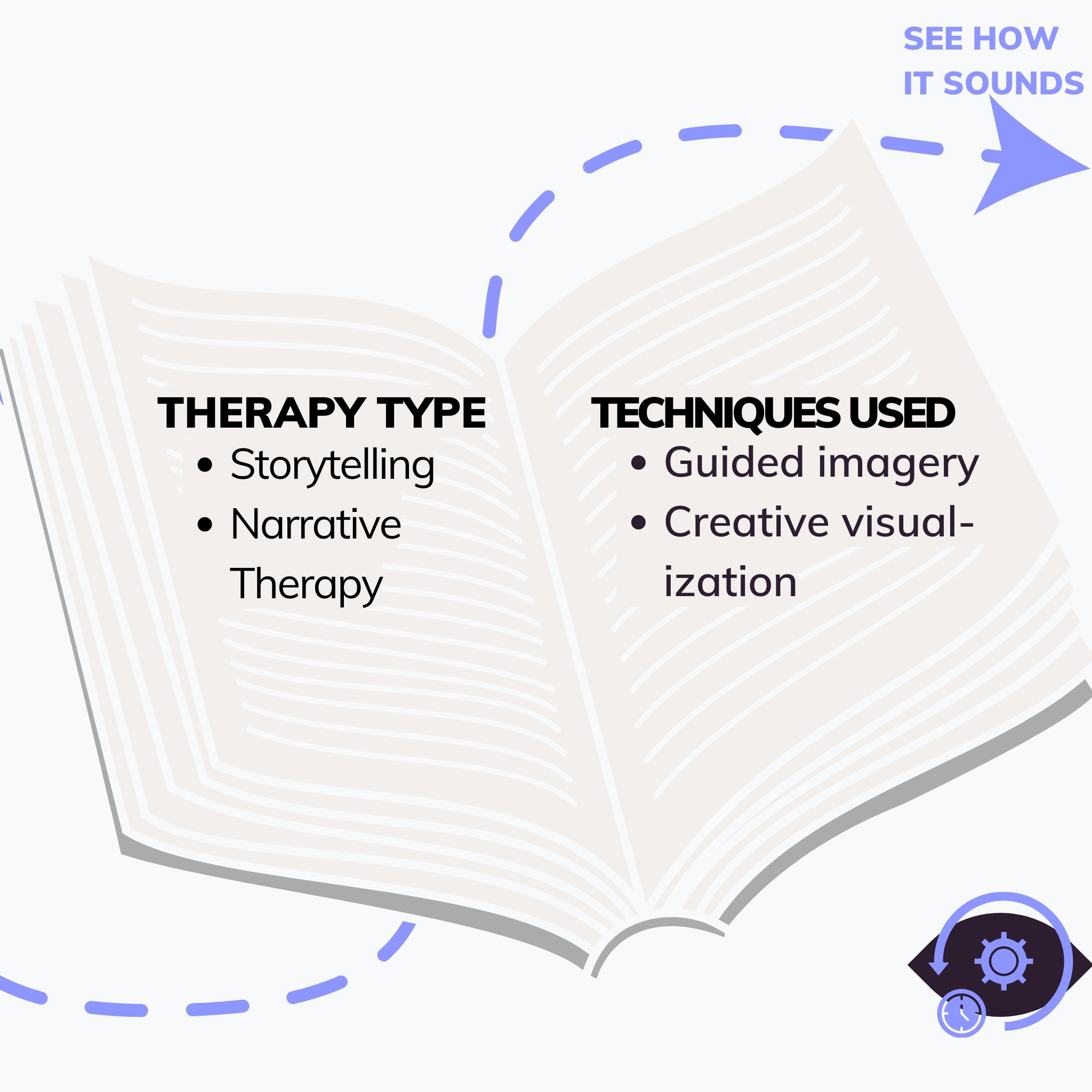
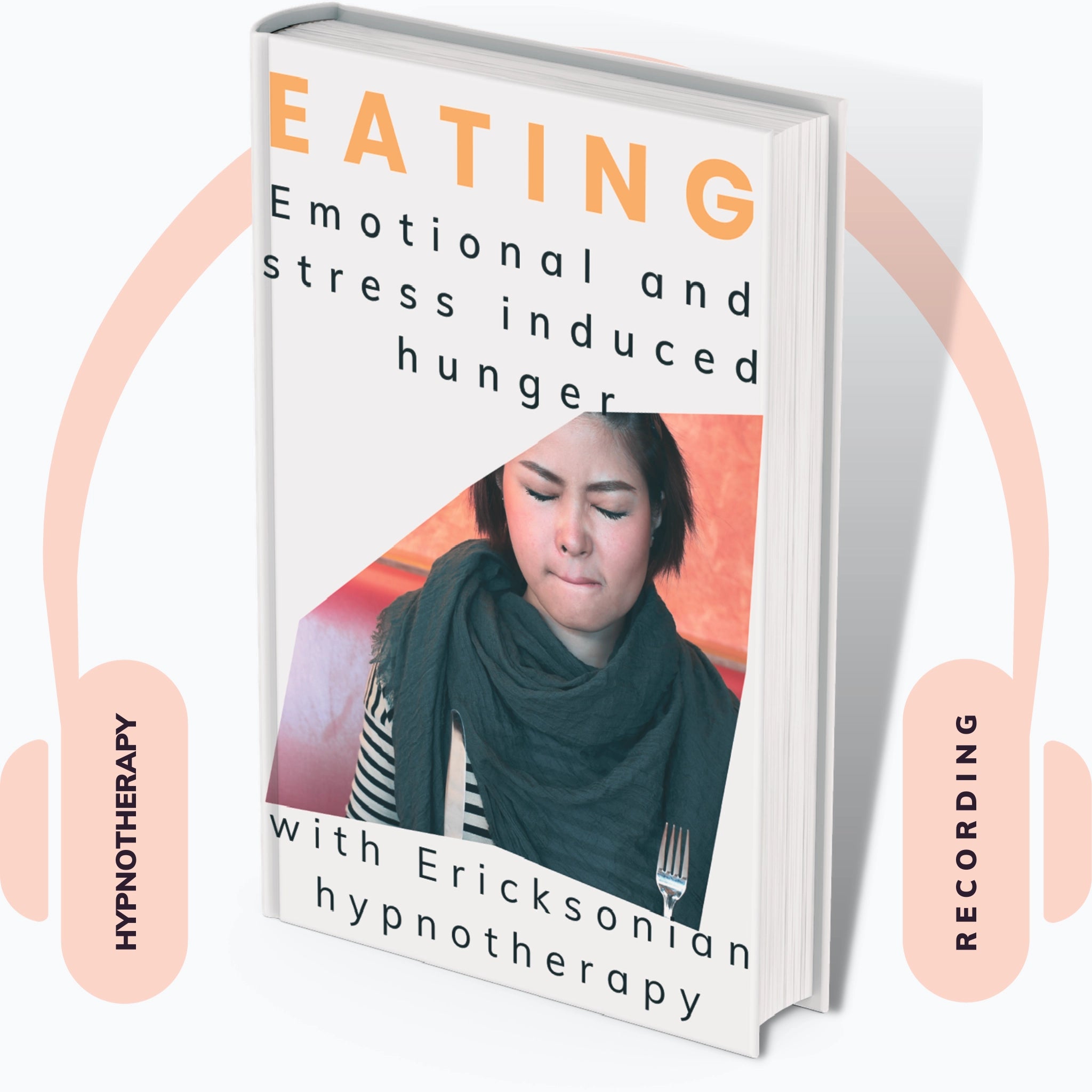
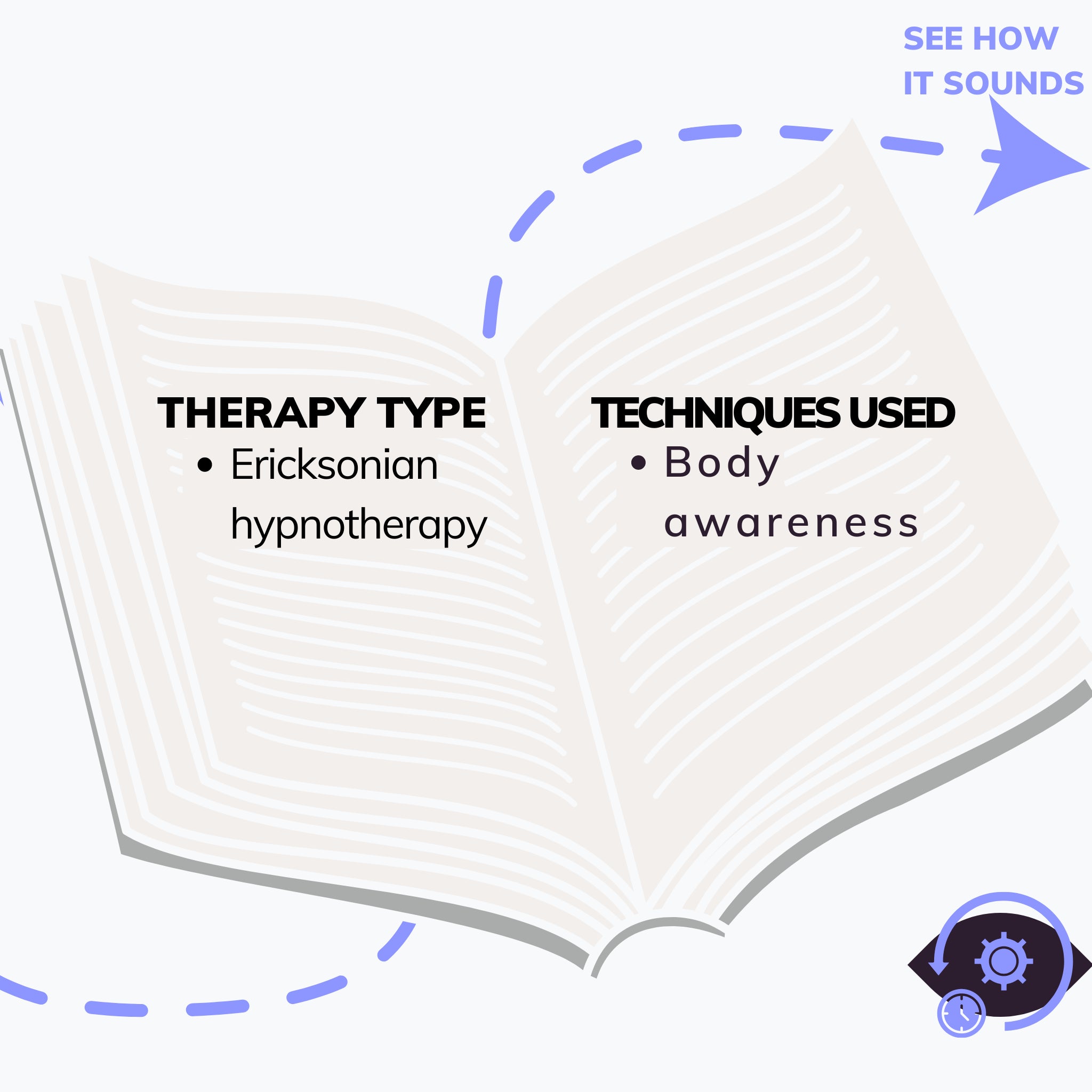
Leave a comment
All comments are moderated before being published.
This site is protected by hCaptcha and the hCaptcha Privacy Policy and Terms of Service apply.